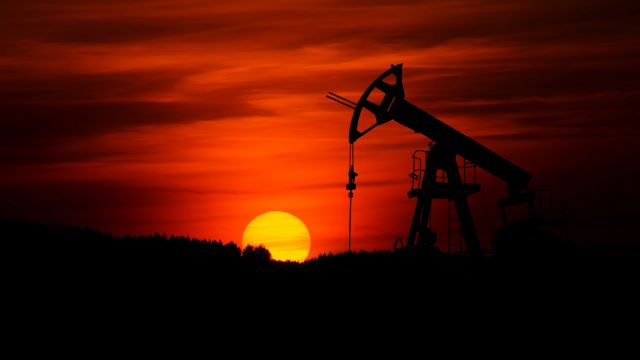From the deepwater rigs of the Atlantic to the farmlands of Huíla, a nation redefines its economic future.
By Robert Stales
Offshore in the South Atlantic, beneath waters the color of weathered cobalt, Angola’s oil rigs still hum with activity. For decades, the petroleum beneath these depths bankrolled national budgets, financed highways and skyscrapers, and positioned the country among Africa’s most influential energy producers. The Cabinda province, a small coastal enclave, became synonymous with this wealth — and with the nation’s fortunes.
That wealth, however, carried a fragile undercurrent. Since the 1970s oil boom, Angola’s economy grew dependent on petroleum exports, which in recent years have accounted for more than 90 percent of export revenues. Such concentration left the country exposed to the whiplash of global oil markets. When prices collapsed in 2014, so too did state revenues, sending inflation upward and budgets into crisis.
A Rise Built on Oil
The trajectory of Angola’s oil economy traces back to its independence in 1975, when exploration and production became central to national development plans. Peace following the 2002 end of the Angolan Civil War unleashed a new wave of investment in the sector, culminating in 2007 with the country’s accession to the Organization of the Petroleum Exporting Countries (OPEC).
By the mid-2000s, Angola had overtaken most of the continent’s producers, second only to Nigeria. Yet beneath the surface, infrastructure gaps, inequality, and overreliance on oil revenues were already evident.
From Dependency to Diversification
The government, acknowledging the hazards of an oil-centric economy, has begun to chart a different course. Diversification is the centerpiece of this plan, with agriculture, mining, and manufacturing identified as growth pillars. Modernized farming practices, improved irrigation, and better access to markets are intended to rejuvenate a sector that employs much of the rural population.
Reforms extend to the energy sector itself. While oil remains dominant, investments in solar, wind, and hydropower projects aim to widen the energy mix, bringing electricity to underserved communities and reducing environmental strain.
Transparency and governance reforms are another cornerstone. New regulatory measures seek to curb corruption and ensure more accountable management of oil revenues — a critical step in attracting long-term foreign investment.
Investing in People
Economic resilience will also depend on human capital. Educational reforms and vocational training programs, especially in science, technology, engineering, and mathematics, are designed to equip the workforce for industries beyond oil.
Yet challenges persist. Infrastructure deficits slow industrial growth. Corruption, though being addressed, remains a drag on progress. And the benefits of reform risk bypassing marginalized communities if inequality is not reduced.
The Road Ahead
Prospects for Angola’s economic reorientation remain substantial. Fertile soils and mineral deposits offer pathways to export diversification. The nation’s varied landscapes and cultural heritage could fuel a nascent tourism industry. And renewable energy projects, if expanded, could position Angola as a continental leader in sustainable power generation.
For a country whose modern history has been defined by oil — its discovery, exploitation, and volatility — the transition toward a broader, more balanced economy is both a political challenge and a historic opportunity. Whether Angola can translate reform into enduring prosperity will depend on the depth of its commitment to diversification and the inclusivity of its growth.
Sources:
- Organization of the Petroleum Exporting Countries (OPEC), Annual Statistical Bulletin, 2024.
- World Bank, Angola Economic Update: Diversifying for a Resilient Future, 2023.
- International Energy Agency, Africa Energy Outlook, 2022.
- Transparency International, Corruption Perceptions Index, 2023.

